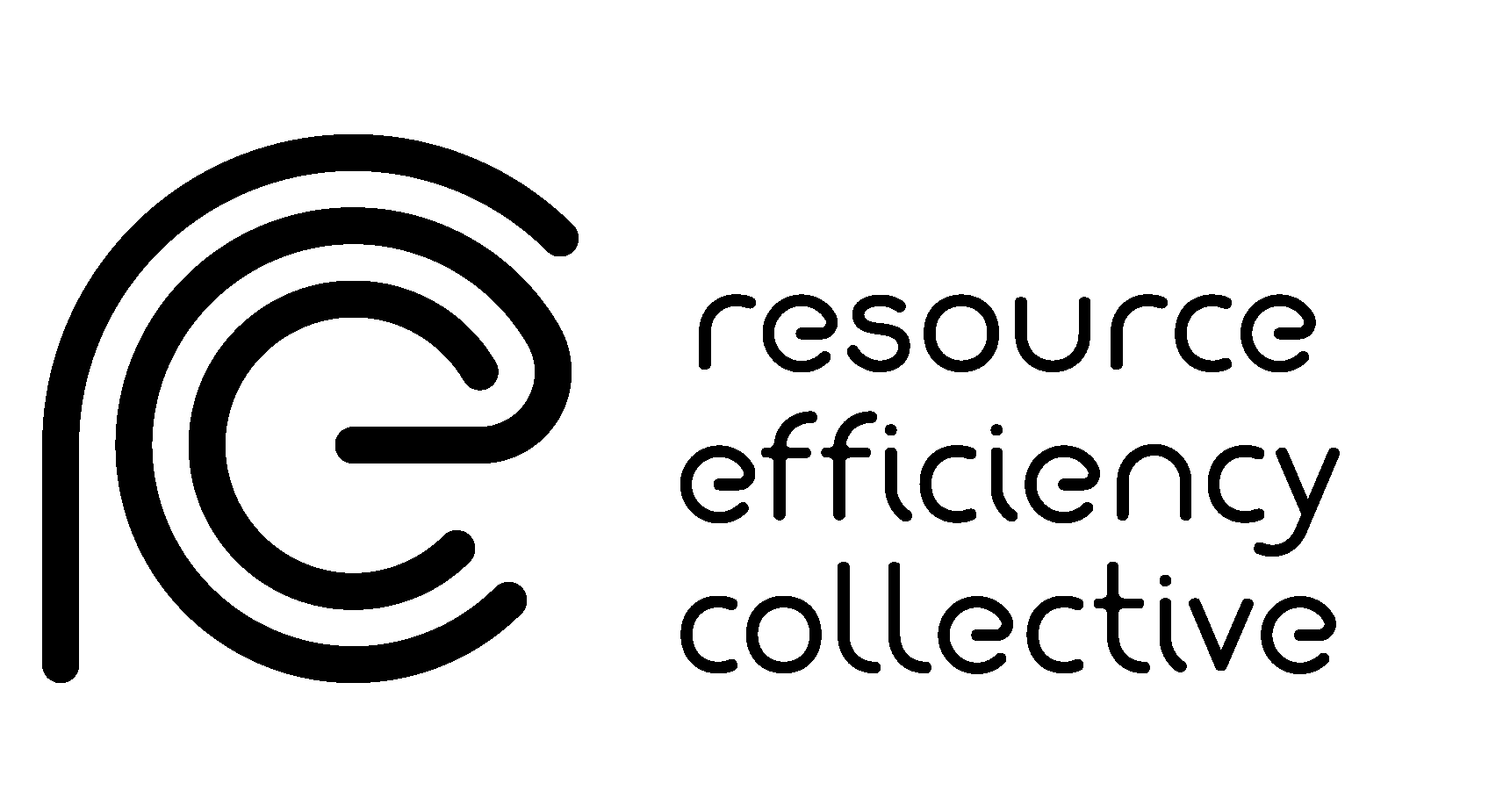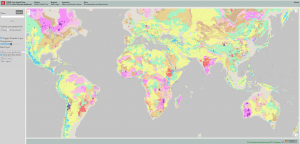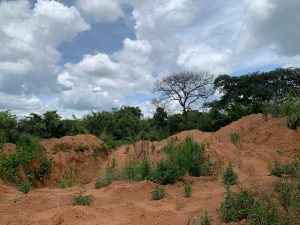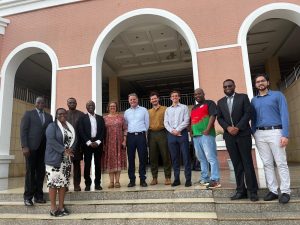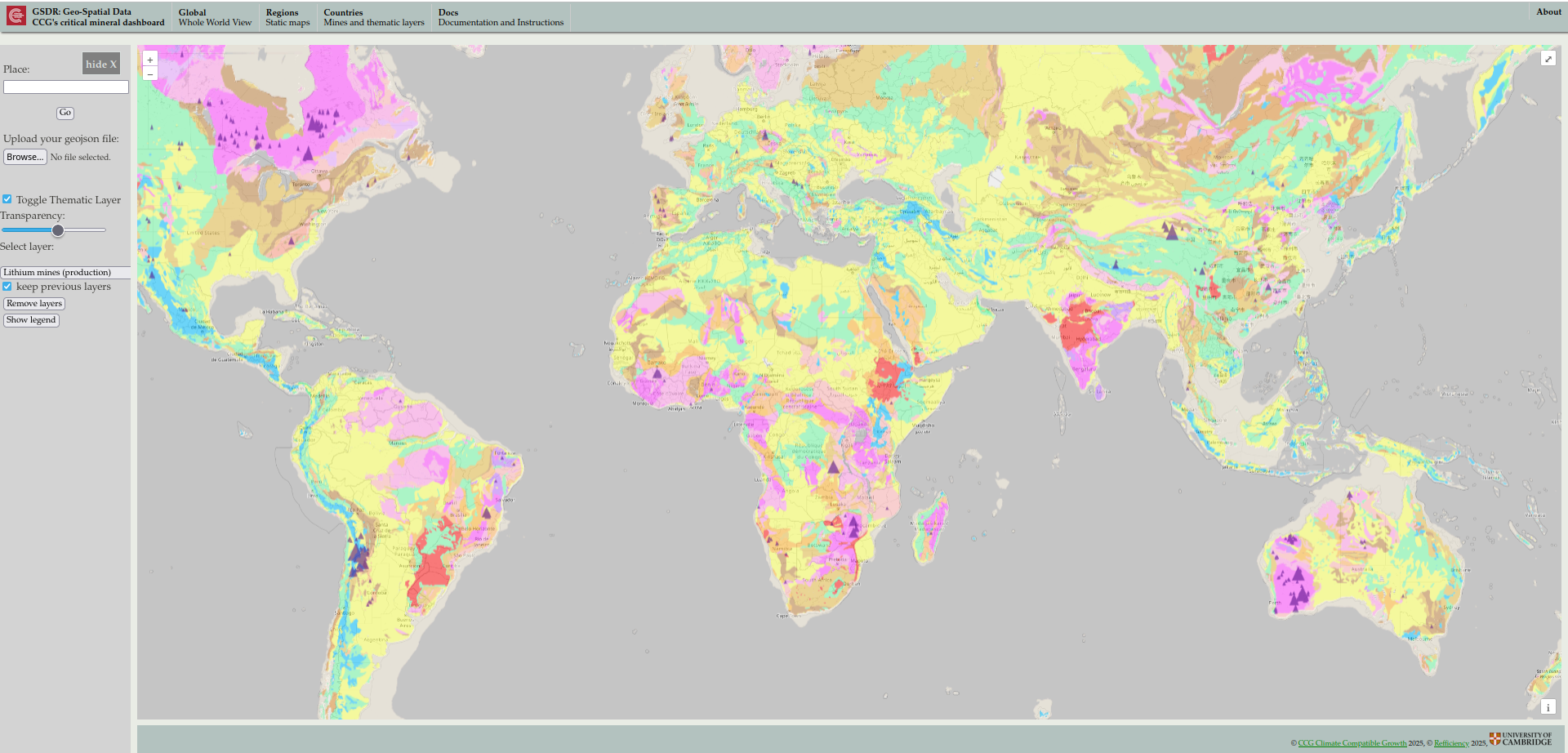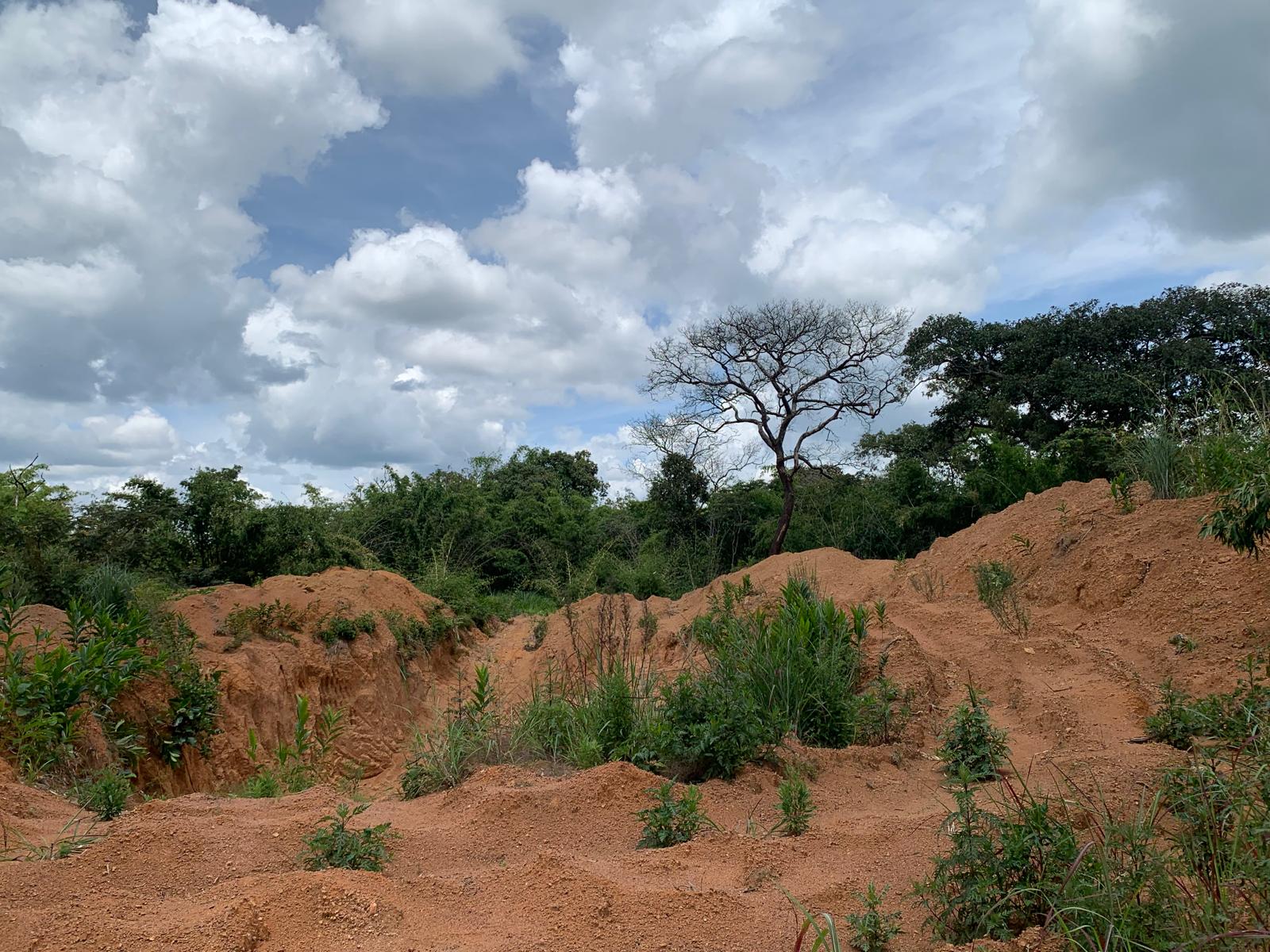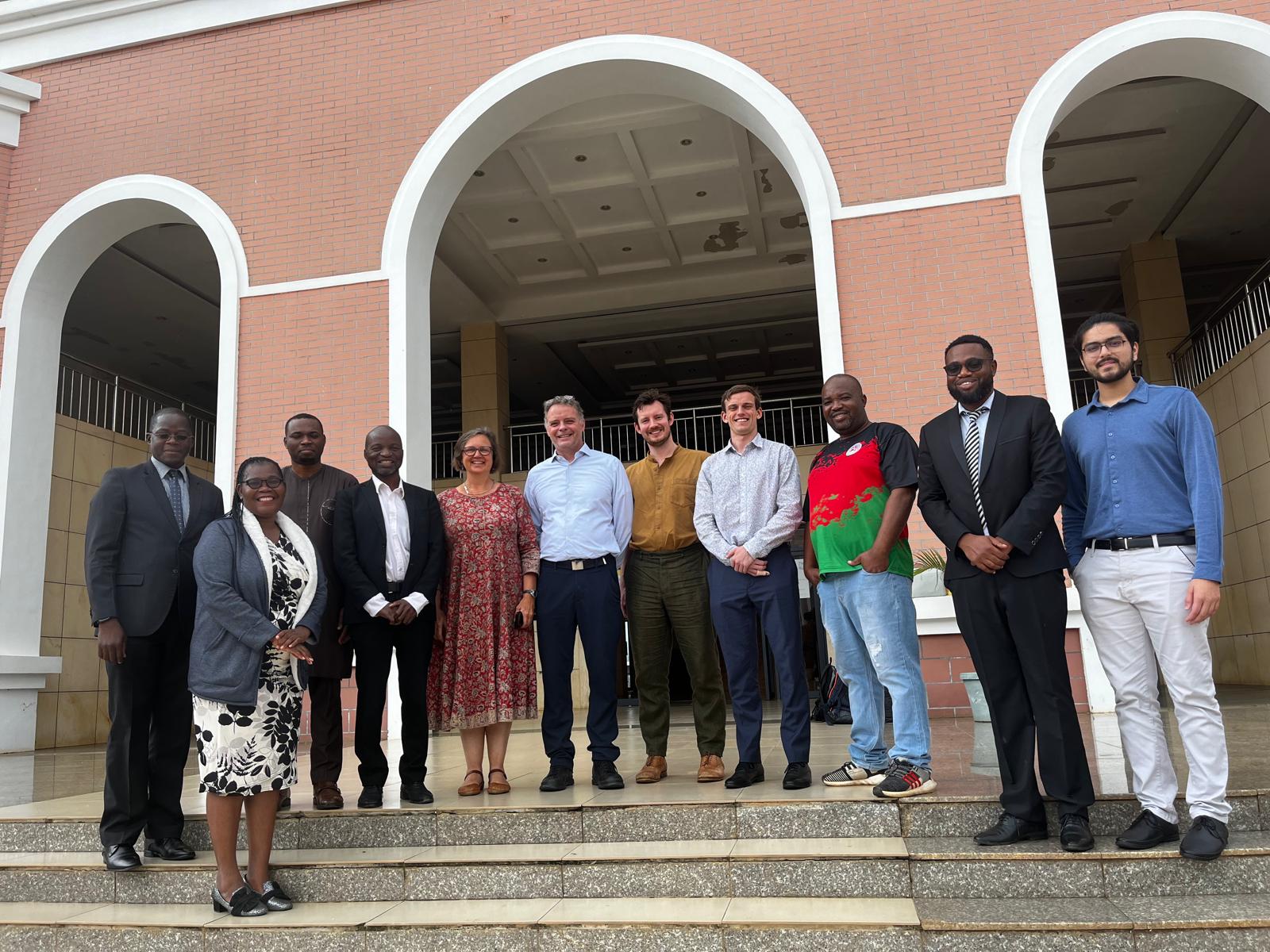Refficiency joins i-Teams 2021
We’re excited to share that we’re working with this year’s Development i-Teams projects.
i-Teams combines multi-disciplinary teams of students with industry mentors and real University inventions to assess the commercial viability of new technologies and product designs. Teams are asked to brainstorm possible real-world applications of their invention, and investigate their ideas by contacting external industry experts.
Resource Efficiency Collective’s Jonathan Cullen and Samantha Islam have set up one of this year’s projects titled Improving food quality and livelihoods of people in low and middle income countries by using a tool to analyse and monitor food supply chains.
The researchers are working on a food traceability project for low and middle income countries, sponsored by the Cambridge Trust and the Commonwealth Scholarship Commission. The primary focus for this research is the export shrimp supply chain from Bangladesh to the UK. In 2012, shrimp was Bangladesh’s second export item, with US$590m annual value and it has gradually declined to US$408m in 2018, due to not meeting the safety and quality standards. This fact can be rationalised by four complete EU border rejections of shrimp that Bangladesh has received in that time period due to bacterial and nitrofuran contaminations. Currently, around 800 thousand farmers are involved in shrimp farming and the gradual decline in shrimp export is a major threat against livelihood of this huge number of populations. This scenario is also common for other developing countries who trade various food items in international market.
Food traceability systems are implemented to record and communicate quality information of food as it moves along supply chains. Food traceability enables detection and mitigation of any food quality issue early in the supply chain. In the above example of shrimp, the shrimps are produced by large numbers of small farmers and then mixed and split several times to finally incorporate into larger shipments for processing and ultimately export. Although there is mandatory requirement at each supply chain stage (e.g., farm, processing) to record all these mixing and splitting with associated shrimp quality information, it is sometimes impossible to trace any quality issue up or down the chain. The reason is the information loss due to the use of inefficient paper-based traceability forms, incompetent information recording techniques and human error.
The process mapping tool being developed shows both the movement of the food items themselves and the associated information elements within the boundary of a food business operator and throughout the chain. It also shows the information recording mechanisms, available resources and various regulations. This can support common understanding of the overall traceability system of a food supply chain, identification of any inefficiency in either of the food or information flow and iterative improvement of the traceability system.
The researchers’ vision for the tool is to better understand the current food system and identify key risks in the existing supply chains, as well as providing information in advance to the importer about the source and integrity of the product. Ultimately it is hoped that this increased transparency will improve pay and conditions for the farmers at the end of the chain via measures such as supply-chain-shortening initiative (e.g., Fair Trade), provision of improved information technologies, incentivising for better traceability and also reduce food wastage at all stages of the supply chain.
For more information on i-Teams, visit their website here.
